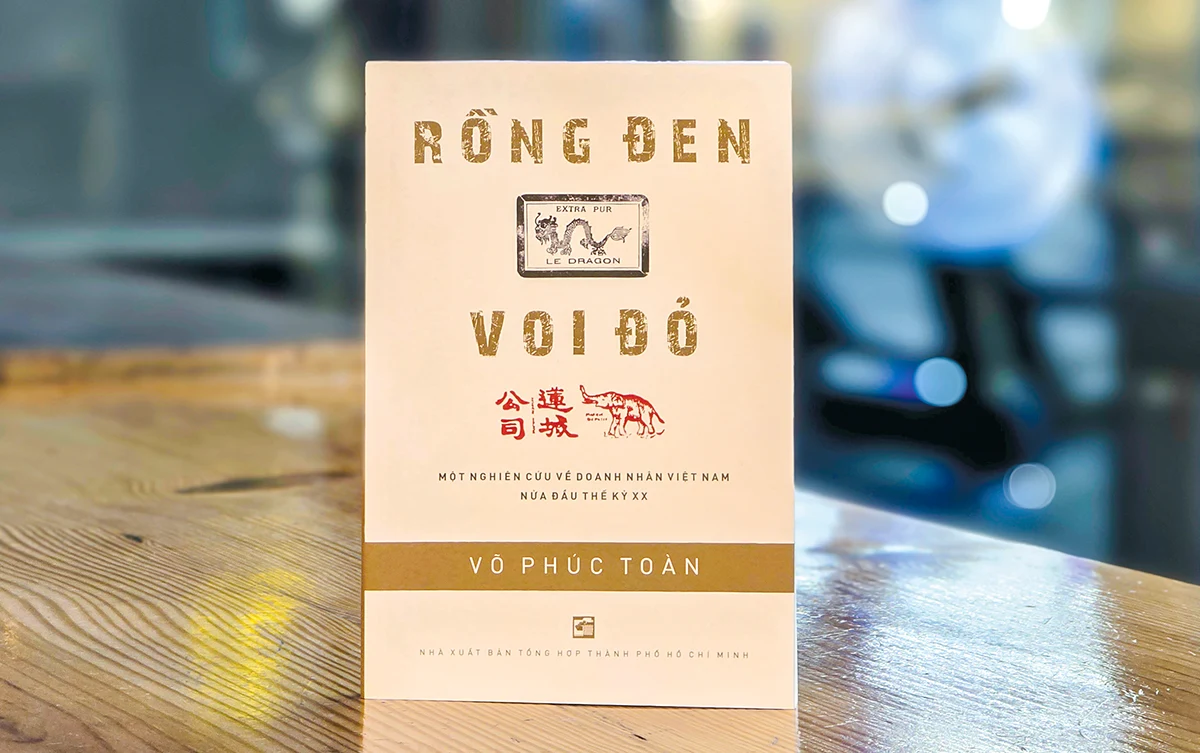
The book is 280 pages thick, consisting of two main parts: "Vietnamese businessmen in the economic arena in the first half of the 20th century" and "The imprint of modernization in the economic, social and political activities of Vietnamese businessmen". Part 1 mentions: "The industrial and commercial class in Vietnam before 1897"; "The first steps on the path of modern business (1897-1918)"; "Ups and downs and efforts in the economic arena (1919-1945)". Part 2, "The imprint of modernization in the economic, social and political activities of Vietnamese businessmen", mentions: "New economic activities and competition in the marketplace"; "Expansion in the cultural, social and political fields".
Reading books, one can clearly feel that under the French colonial rule, the national restoration work was always in the minds, feelings, and actions of the Vietnamese people; and the same was true for the business community. This period also opened up the introduction and trading of capitalism into a predominantly agricultural economy of our country. Vietnamese businessmen came closer together towards a common goal: Independence and prosperity.
During this process, a class of entrepreneurs following the capitalist economic path emerged in the first half of the 20th century. Vietnamese entrepreneurs quickly learned the business methods of foreign traders and recognized the value of building Vietnamese brands. Then a series of large and small enterprises were born one after another such as: Bach Thai Buoi shipping company, Quang Hung Long, Van Van fish sauce, Lien Thanh fish sauce, "Co Ba Soap - Savon Vietnam" (Truong Van Ben and Sons Company), Résistanco paint company, Quang Hung Long, Dong Loi Te, Dong Loi... have become typical brands representing the self-reliant entrepreneurial spirit of the Vietnamese people.
“Red Elephant” is the brand of Lien Thanh Company - born from a national salvation movement of the Duy Tan movement in the early 20th century following the new trend. Lien Thanh always shows its pioneering spirit from the brand to the establishment of economic organizations for fish sauce making households (ham ho). “Black Dragon” is the brand of Hao Vinh Company trading goods from France, the most typical of which is putting the image of the Vietnamese dragon on the Marseille soap brand. Mr. Nguyen Hao Vinh participated in the Dong Du movement of Mr. Phan Boi Chau in the early 20th century. With goods from France, Mr. Nguyen Hao Vinh changed the product design and improved the brand to adapt to the Vietnamese people.
Associate Professor, Dr. Tran Thuan commented: “What I am interested in is that author Vo Phuc Toan chose two typical symbols of Vietnamese brands in the early 20th century, “Black Dragon - Red Elephant”, to name the book. When a brand carries the soul and philosophy of the nation, its historical and ideological value increases ten thousand times, for example, the “Red Elephant” symbol of Lien Thanh Company, or “Black Dragon” on Marseille soap (France) of Nguyen Hao Vinh Company… are very typical examples. The way the book is named is both “rich in imagery”, quite unique and profound, the book sends readers an extremely important message: This is a picture of the history of Vietnamese businessmen in the early 20th century. Vietnamese businessmen are full of courage and it is that courage that has helped them overcome countless challenges, even in times of hardship, and then rise up with the maturity of the nation”.
Author Vo Phuc Toan shared: “A question that haunted the writer when conducting this research was whether Vietnamese people have the ability to build large brands in terms of economic potential and sustainability over time? From the movements to change economic thinking in the early 20th century as well as the actual activities of businessmen in the first half of the 20th century, it has shown the ability of Vietnamese people to operate in the fields of commerce and industry”. Author Vo Phuc Toan's work also shows that Vietnamese businessmen soon demonstrated social responsibility through sponsoring cultural, educational and sports activities. Their efforts have left many lessons, values and premises for future generations of businessmen.
Tác giả Võ Phúc Toàn quê quán Củ Chi, TP Hồ Chí Minh, hiện đang học tập và công tác tại Khoa Lịch sử, Trường Đại học Khoa học Xã hội và Nhân văn, Đại học Quốc gia TP Hồ Chí Minh. Hướng nghiên cứu chủ yếu về kinh tế, xã hội Việt Nam thời kỳ bị thực dân Pháp xâm lược.
QM
Source: https://baocantho.com.vn/nhung-cau-chuyen-thu-vi-ve-doanh-nhan-viet-nam-dau-the-ky-xx-a194494.html










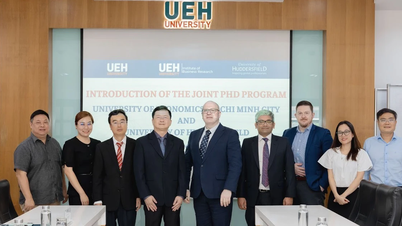



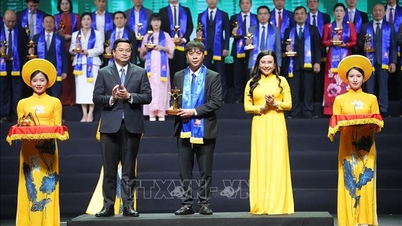

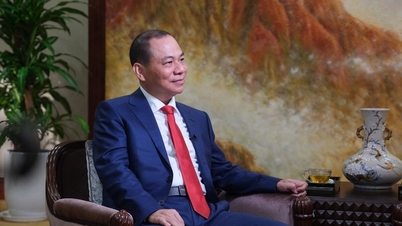



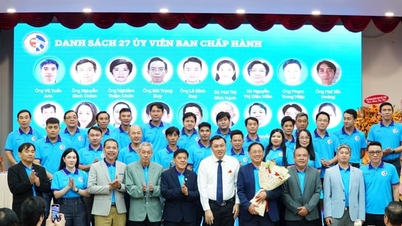

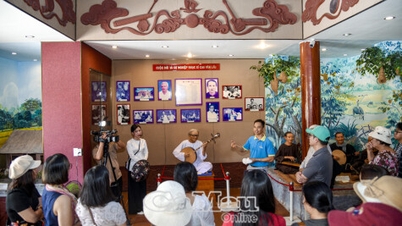



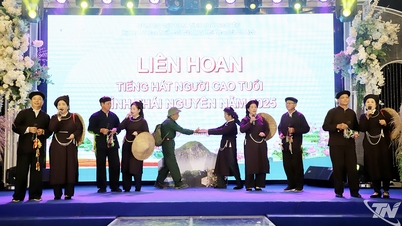








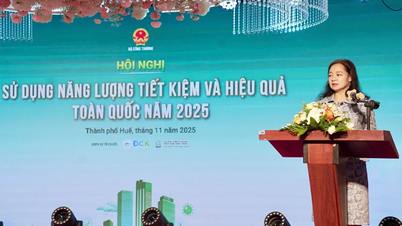
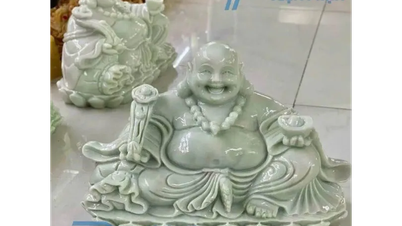
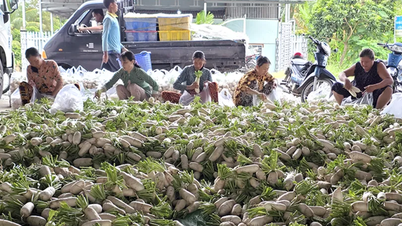


























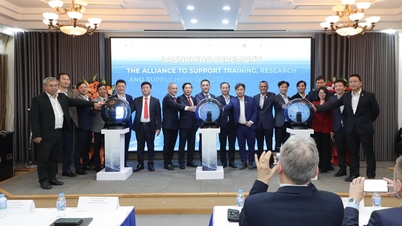



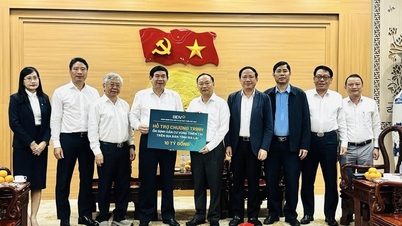











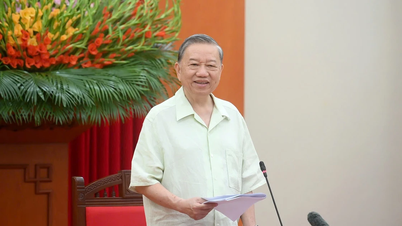

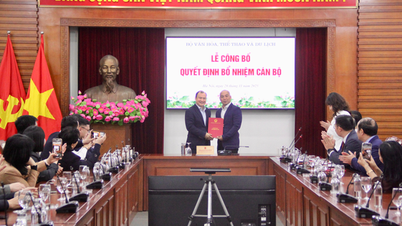
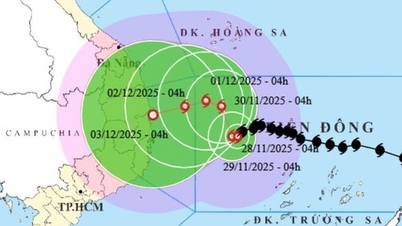








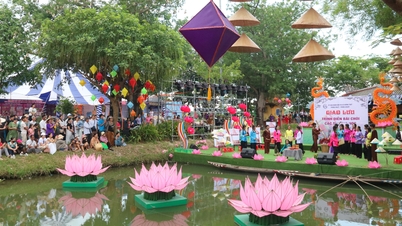


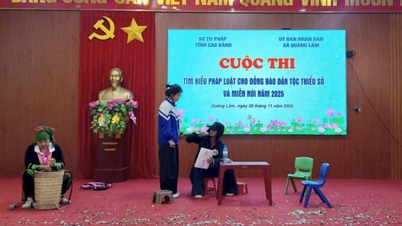











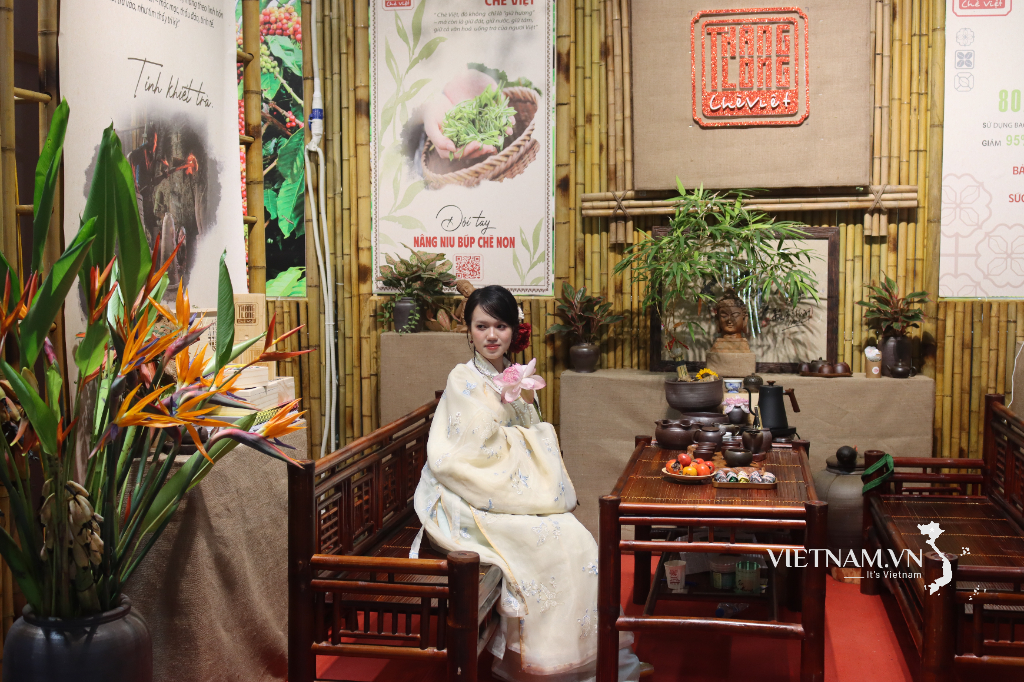

Comment (0)